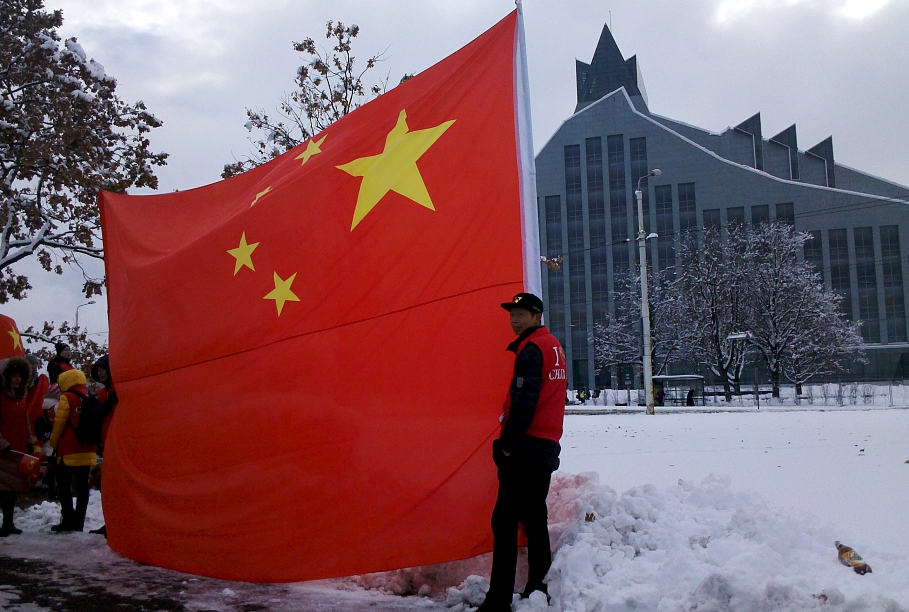"The Covid-19 pandemic created not only challenges but also opportunities for the intelligence agencies of non-friendly countries... Actions by the responsible authorities during a pandemic event demonstrate a country's readiness to deal with crisis situations and by studying its actions during this time, the special services of unfriendly countries may identify and predict the response capabilities of different departments in the event of a military confrontation," the VDD pointed out in its report.
"Russia's special services did not lose the opportuity last year in spreading the non-military influence of the Kremlin, recognizing Latvia's vulnerabilities, potential agents of influence, as well following the effectiveness of the implementation of already active impact measures," the VDD said.
China was also active, according to the VDD, taking an interest in matters connected to Latvia's input to NATO and the European Union but also being particularly keen on monitoring "China 's public image in the context of
the Covid-19 pandemic."
"In Latvia, as in other Western countries, Chinese special services monitored public opinion and gathered information on voices that were undesirable from China's point of view. Although such interest, in the assessment of the VDD, does not directly threaten Latvia's national security, it illustrates China's global geopolitical ambitions," the VDD said.
"Analysis performed by the VDD shows that in 2020, China's information influence efforts were mainly in two directions. First, China systematically implemented activities to fill the Latvian information space with complimentary messages and achieve a favorable attitude in the Latvian media environment. Secondly, China in various cooperation projects purposefully worked with community groups such as academics and environmental and cultural actors with potential as opinion leaders to influence the formation of opinions in society overall."
However, the report does not name any such influencers specifically, other than including a screenshot of the 'Baltnews' Russian-language portal's laudatory piece about China and noting a potential link to Russian propaganda channel Sputnik.
"Last year, China's information efforts were primarily aimed at constructing a positive image of it, positioning China as one of the world’s powers. In the same way an important role was given to efforts to reduce society's negative attitudes related to the Covid-19 pandemic" and to highlight "the apparent superiority of the [Chinese communist] political system over the Western democracies and international alliances, such as NATO and the EU," the report says.
Meanwhile Belarusian intelligence agencies followed Latvian attitudes toward the Lukashenko regime, with particular reference to the Belarusian diaspora and asylum seekers who are "in the spotlight" of Belarusian state attention.
The purpose of the annual public report is to inform the public about the service's activities, as well as to provide an assessment of the most significant events and processes in the service area in the past year and their impact on Latvia's national security interests.
Last year, the service launched a total of 22 criminal proceedings. In addition five more criminal proceedings were taken over from other investigating authorities. In 30 cases it was decided not to initiate criminal proceedings after suitable checks were made.
70% of criminal proceedings that were initiated by the VDD directly related to potential threats to national security while one of the most labor-intensive areas of investigation was possible beaching of international
sanctions.
The report also reveals that Russian citizens accounted for nearly half of the foreign investors applying for Latvian (and consequently EU) residence permits last year under a scheme that allows investors in businesses, real estate or banking assets to apply. Russian citizens (364 or 48% of the total number) were followe by Ukrainian citizens (64 or 12% of the total), Vietnamese nationals (59 or 11%) and Chinese citizens (31 or 6%).
The public report on the activities of the VDD in 2020 is available here (in Latvian) and is usually published in English summary at a later date.





























